Dog hiccups are cute to watch—that little high-pitched squeak sounds just like our hiccups and reminds us of how similar we can be to our pets. However, there may be times when those hiccups worry you, such as in cases where they don’t go away quickly or when your dog seems distressed. Learn what causes hiccups in dogs, how to get rid of dog hiccups, and when to contact your veterinarian.
Hiccups are caused by a contraction of the muscles used in breathing, specifically the diaphragm and intercostal muscles, which sit between the ribs. When these muscles contract suddenly, air is pulled into the lungs and the vocal cords close, causing the sound we call a hiccup.
Dog hiccups are spontaneous and usually resolve on their own within a few minutes. They may occur for many reasons, but often they're related to factors that expand the stomach or abdomen.
Less commonly, hiccups may occur due to conditions that irritate or damage the regions of the brain or nerves responsible for contractions of the diaphragm and other related muscles. Examples of this include injuries or tumors in the brain or brainstem, injuries to the spinal cord (especially in the region of the neck), and damage to the nerves that stimulate the diaphragm and intercostal muscles.
One possible but unusual cause is the virus distemper encephalitis, which can cause myoclonus (involuntary spontaneous muscle contractions or spasms). Distemper is one of the viruses dogs are commonly vaccinated against in their core vaccine series.
Dog hiccups often resolve quickly and are not typically a cause for concern. Most of us have probably heard some funny remedies for hiccups over the years, but these are largely unproven and unlikely to be effective.
If your dog is breathing heavily or panting hard, try to calm their breathing by helping them relax. You can also offer small amounts of water and encourage your dog to drink slowly. Monitor your dog for any signs of illness.
Do not attempt to stop hiccups by scaring your dog, blocking their breathing, or pulling on their tongue. Methods like this can hurt your dog and may even lead a dog to bite.
Contact your vet about your dog's hiccups if the following situations occur:
Treatment will vary depending on your vet’s findings and diagnosis. Since hiccups could be a symptom of another underlying problem, the treatment will be aimed at resolving the primary problem. Additional diagnostic tests such as chest X-rays, abdominal ultrasound, and bloodwork may be part of the work-up your vet recommends.
If the vet thinks the hiccups are caused by irritation of the esophagus or stomach, medication can often be prescribed to help resolve this. If medication is unsuccessful, endoscopy may be recommended to take a closer look at the walls of the esophagus and stomach. Evaluation by a veterinary neurologist may be considered if your dog has neurological symptoms. Other conditions may also be treated with medications. In rare cases, surgery may be necessary.
Since hiccups can be a normal occurrence in many cases, there is usually nothing that needs to be done to prevent them. However, pet parents can take some steps to prevent dog hiccups:
For dogs that seem to get hiccups often, especially after eating or drinking, it may be a good idea to use some techniques to slow them down. There are special bowls and treat dispensers that make your dog work a little harder for their food. This keeps them from scarfing down all their food too quickly. Water can be offered in smaller quantities or with an automatic dispenser to prevent your dog from drinking too much too quickly.
Some of the more unusual causes of hiccups are difficult to prevent since they are caused by spontaneous disease. Keep your dog healthy by providing proper nutrition, exercise, annual veterinary exams, and routine vaccinations to prevent serious illnesses such as distemper encephalitis.
In breeds that may be at risk for neck and back injuries, such as the beagle, dachshund, shih tzu, Pekingese, Yorkie, and Chihuahua, make sure to take precautions to prevent injury. This includes using a harness instead of a neck lead to prevent pulling on their necks, and to train them not to jump on and off the furniture to prevent those high-impact landings.
Luckily for most dogs, hiccups are just a fleeting nuisance and tend to go away quickly. You may even want to record a quick video of those cute little squeaks before they’re gone for good.
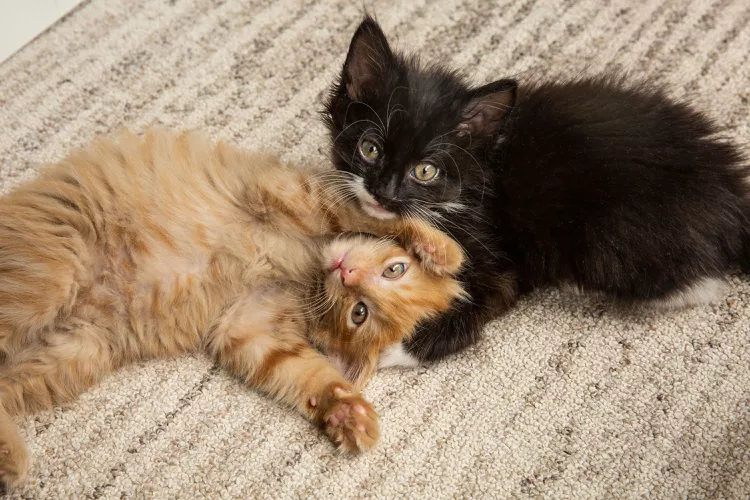
Why Two Kittens Are Better Than One
There are benefits of adopting two kittens, such as more feasible training and companionship between them.
Everything You Need to Know About Raising Your First Cat
Whether you are thinking about getting a cat or just adopted your first one, these are the things to know to make your relationship a lasting one.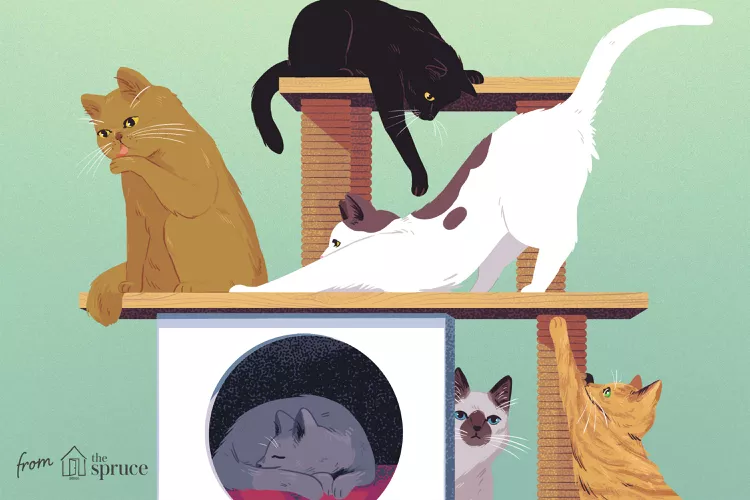
How Can I Tell the Sex of a Cat?
Telling male and female cats apart can be difficult for those who don't know what they're looking for. Here are helpful tips to discover their sex.
Runny Nose in Cats: Causes and Treatment
Cats get runny noses due to upper respiratory issues, but many conditions can cause this. Learn the causes of runny noses in cats and the associated signs. Find out how vets diagnose and treat cats with runny noses.
How Long Can You Safely Leave Canned Cat Food Out?
You cannot safely leave canned cat food out all day. Twenty to 30 minutes is the max, so give smaller portions and reheat food for later feedings.
Meat Byproducts in Cat Food
Most cat experts recommend premium brands of cat food that avoid ingredients like byproducts and chicken meal. Learn what to look for on the label.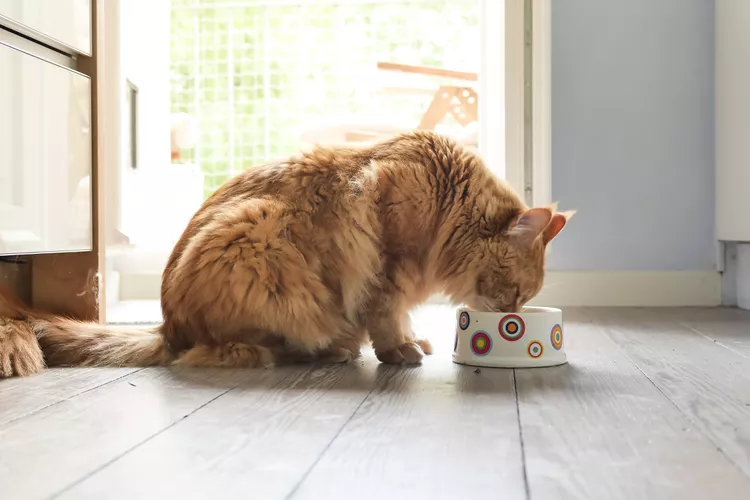
How Much Wet Food to Feed a Cat Every Day
The amount of wet food your cat needs depends on factors such as age, weight, body condition, and lifestyle. Learn how much wet food to feed your cat.
Taurine for Cats
Taurine is an essential animal protein in your cat's diet. Learn more about the various ways it supports your feline's body.
The Different Types of Pet-Friendly Workplaces
Discover the different types of pet-friendly workplaces and the benefits they offer employees. Learn how to create a pet-friendly workplace and the best practices for pet owners.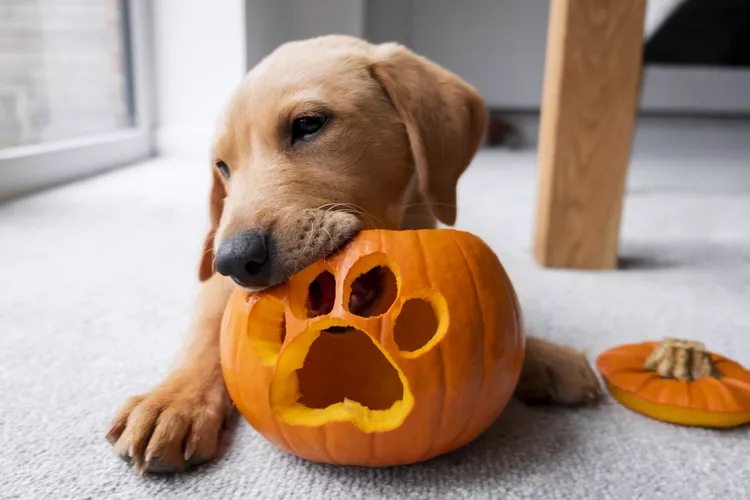
8 Halloween Safety Tips for Pets
The spooky holiday can be overstimulating and even dangerous for pets. Here's how to avoid the problems caused by toxic candy and incessant doorbells.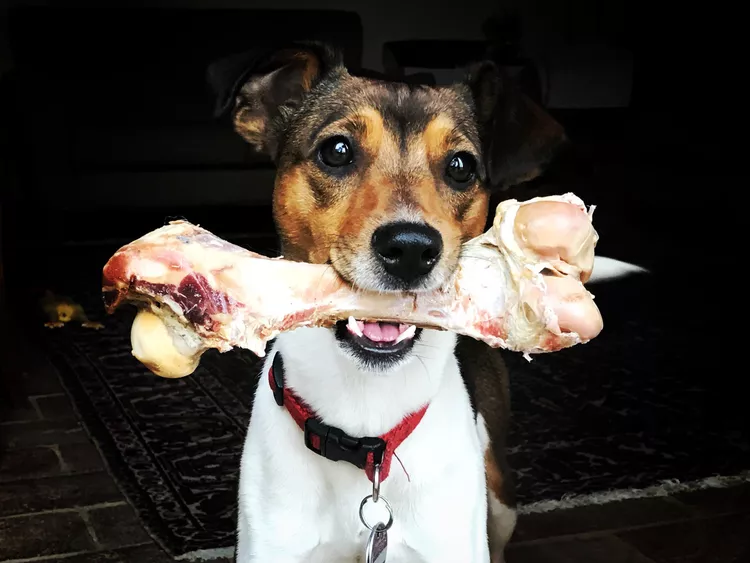
Why You Should Keep Cooked Bones Away From Your Dog This Holiday Season
People should be aware of the dangers of cooked bones, especially around the holidays when they might be more accessible to your pup.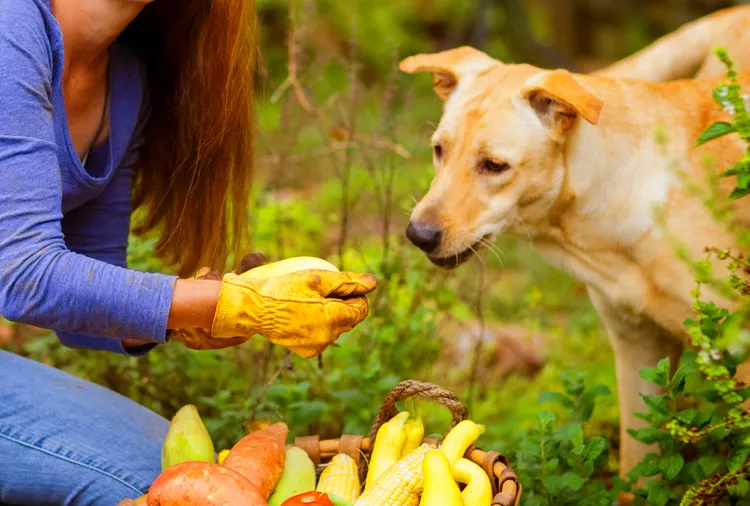
Can Dogs Eat Squash? Here's What a A Vet Thinks
Dogs can safely eat squash as long as it's prepared correctly. Find out how to properly feed this versatile fruit to your dog.
16 Small Cat Breeds That Are Petite Purring Machines
Small cat breeds like the Singapura and munchkin may be smaller than an average housecat, but they leave a giant imprint on your heart.
10 Best Cats With Big Ears
Cats with big ears often look extra endearing. Check out some common big-eared cats, including the Abyssinian, Devon Rex, Siamese, Sphynx, and more.
Javanese (Colorpoint Longhair): Cat Breed Profile, Characteristics & Care
The Javanese is a semi-longhaired, color-pointed cat of Siamese type. They are related to the Siamese, Colorpoint Shorthair, and Balinese breeds.
How to Stop Aggression in Dogs
Dog aggression can be a serious behavior issue for pet owners. Learn how to stop aggression in dogs before someone gets hurt.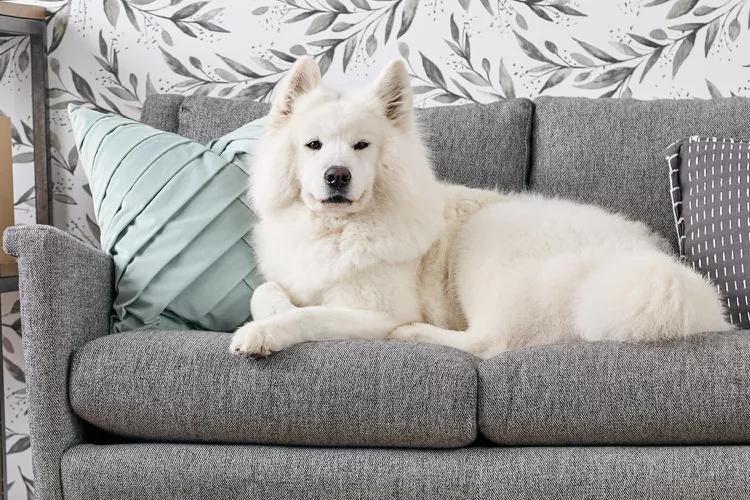
Should Dogs Be Allowed on Furniture?
Should you let your dog on the couch or in the bed with you? Are there any reasons we should not let dogs on the furniture? Here's what to know.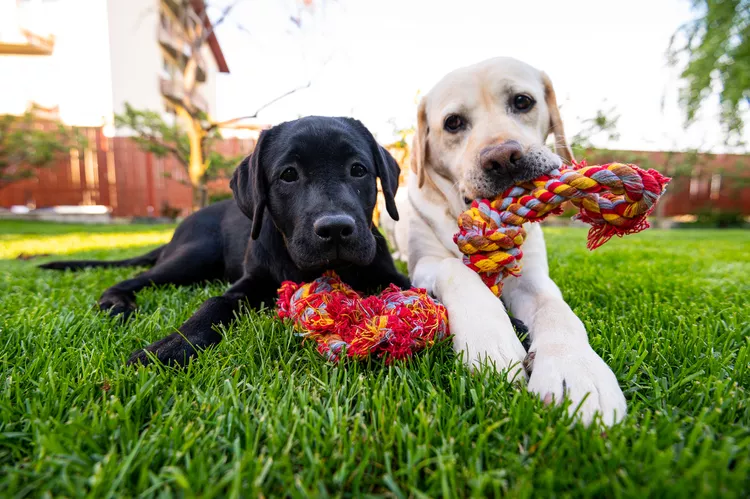
Why Do Dogs Eat Rocks?
One of the most common non-food items for dogs to eat are rocks. Here's what to know about why dogs eat them and how can you stop your dog from eating rocks.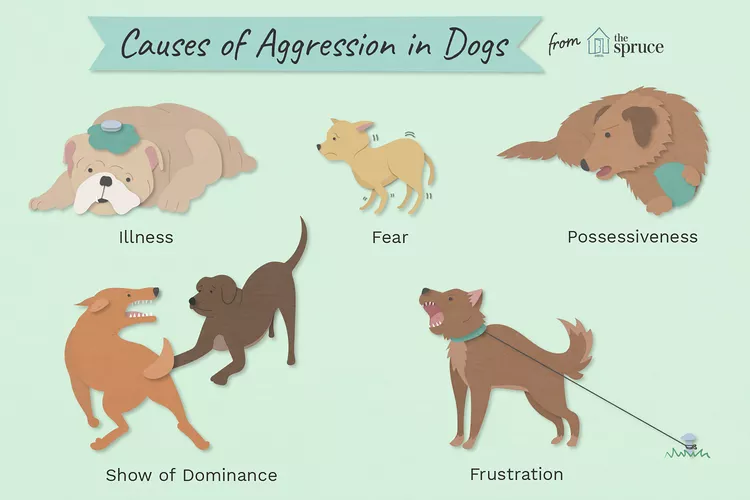
Why Dogs Get Aggressive and How to Stop It
Why is your dog biting you aggressively? Sometimes dogs can become aggressive with little warning. Find out what causes your dog to become aggressive so you can work with the behavior.
Thai Ridgeback: Dog Breed Characteristics & Care
Learn all about the Thai Ridgeback, a rare breed from Thailand. Find out how to care for the loyal dog and where to buy or adopt one.